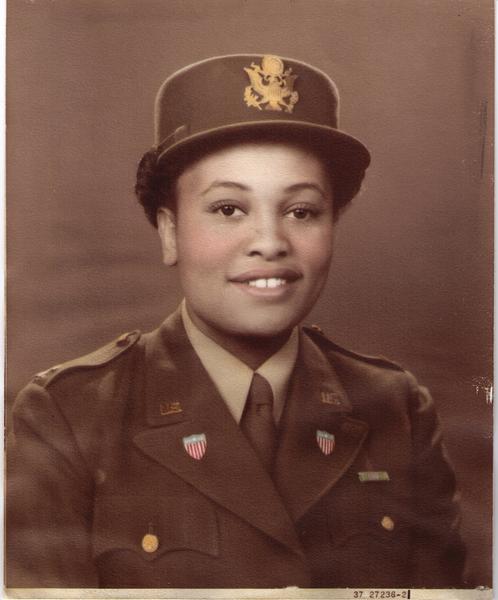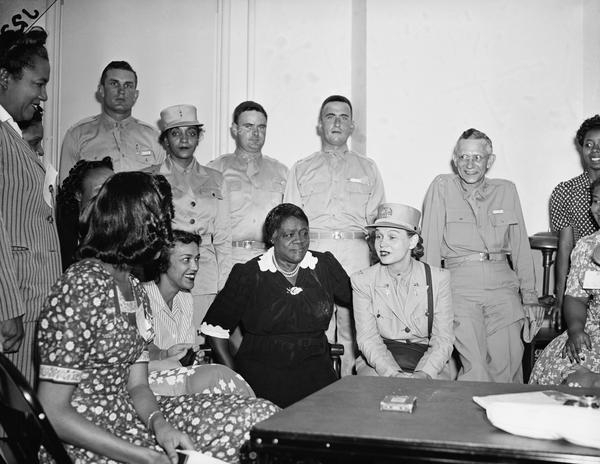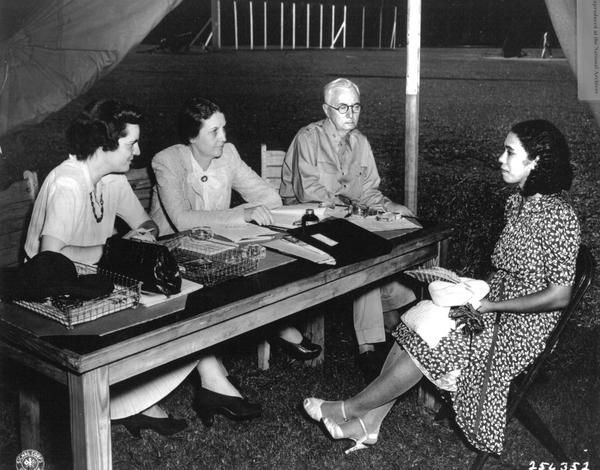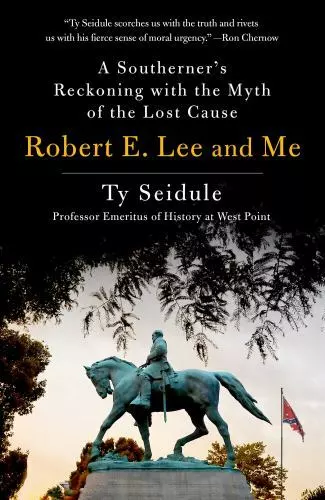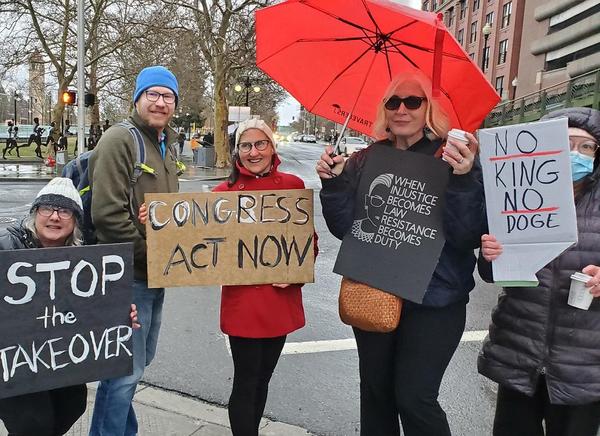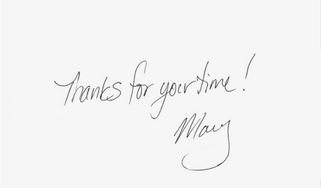March 7, 2025 Hello , This issue pulls together several exciting ideas meant to encourage a positive state of mind and revive your spirit. Yes, bad things are happening. People are getting hurt. Our democracy is in peril. But everyday people hold the power to turn things around. It has always been everyday people who've stood up for our freedom,
who've carried the torch for liberty and justice for all. I've been remiss in not hailing Women's History Month. Saturday, March 8, is International Women's Day. Join the celebration! I write about women's history all year round, but this year it's especially important because the Republican Administration in DC is gunning to strike down more than 70-years of progress toward women's equality. Wow. They are so afraid of us! More than equal rights is at stake. The current Republican Administration is trying to grab all the freedom America stands for, the freedom written into our constitution and the freedom so many have shed blood for on the battlefield. In the State of the Union Address to Congress in 1941, President Franklin Roosevelt called the country together, asking each person to do their part to preserve
"four essential human freedoms...freedom of speech, freedom of worship, freedom from want, and freedom from fear." As Western Europe lay under Nazi domination and American soldiers fought the Japanese in the Philippines, FDR asked the American people to go to work, build weapons for the democracies of Europe, pay higher taxes, and make wartime sacrifices. Americans rose to the challenge, even those who were not allowed the four freedoms at home in our own country, answered the call. Like one Black woman Dovey Johnson, who discovered how Blacks and whites could come together and rally around a common belief in democracy and freedom, even if America had not yet lived up to its promise. Her story continues to choke me up no matter how many times I read it. I hope her optimism and determination rubs off on us all.
Rally Around Common Cause
After her service in the army in WWII, she went on to a long and successful career as a civil rights attorney.
Captain Dovey Johnson, 1942. Dovey grew up in Charlotte, North Carolina, and when she tried to join the Women's Army Auxiliary Corps, white people nobody in Charlotte would give her an
application.
She moved to Washington DC to get her hands on an application. Soon, she was reporting to Fort Des Moines, Iowa for officer training, where she experienced the brunt of the segregated army. Her first night on post, the Black officer candidates marched into the chow hall and discovered large signs with the word “colored” relegating them to tables at the far end of the room. “Everyone felt depressed, broken and betrayed,” said Dovey. “We had come expecting there would be one corps. One. Not two. There was definitely two.” Alerted to the problem, Dr. Mary McLeod Bethune, Eleanor Roosevelt and WAAC Chief Colonel Oveta Culp Hobby came to Fort Des Moines to iron things out. “Mrs. Hobby, [who was white] told the white girls that we had enlisted just like they had, to do the same job,” remembered Leader Hoskins, another Black recruit.“And we should be given the same kind of treatment.”
Chief Colonel Oveta Culp Hobby (right) meets with Dr. Mary McLeod Bethune (left) to discuss training African American women auxiliaries, Fort Des Moines 1942, US Army photo. The “colored” signs disappeared from the mess hall, but segregation remained. The black women would have to live with it. Black women served with dignity and excellence, though the shadow of discrimination did not lift. Working on the story I was deeply struck at the Black women's willingness to join a segregated army and serve a country that did not recognize them as equal citizens. They had to keep their eyes on the bigger picture. “I discovered in those first months at Fort Des Moines a force greater than the army’s attempt to divide us," Dovey said. "That was our common belief in the war. Black and white alike, we anguished over the grim newspaper accounts of the endless string of Allied defeats in Europe, in North Africa, in Russia. When our boys began turning the
tide against the Japanese in Guadalcanal in August [1942], we celebrated together.” A member of the first training class of WAACs to graduate, Dovey became
one of the first women in history, Black or white, commissioned as US Army Officer. Her first assignment was to head south and recruit more Black women.
Mary K. Adair takes an examination for Officers' Candidate School, Fort McPherson, Georgia, June 20, 1942.
The word was out in Black communities that the WAAC was segregated. Dovey feared the small gains she and other African American WAAC officers had made, would be lost if more black women did not volunteer. “That, I determined, would not happen—not on my watch, no matter how tough a sell I had on my hands in pitching a Jim Crow WAAC in the Deep South.” Dovey believed in the critical role of women in the war effort, and she believed the WAAC was a step forward for African Americans.
“Was that opportunity precisely, mathematically, documentable equal to that of whites? Probably not. But the WAAC offered a chance I believed would never come again in quite the same way: the chance to advance, to train for careers, to build the kind of future we women wanted for our children, to stand behind the men who were fighting in Europe and North Africa and the Pacific. That mattered most of
all. Our boys were dying for freedom, I pointed out in every speech I made. What was segregation compared to that?”
Women's Auxiliary Army Corps Captain
Dovey Johnson was one of about 6,000 Black women who served in the WWII army. They answered FDR's call to put differences aside, serve and sacrifice to preserve freedom. History judges them as courageous patriots. Let's do one thing every day to protect the freedom they helped preserve for us and our children. Need
ideas? Check the section below.
Like my article today? Forward this email to family and friends.
Ty Seidule grew up hero-worshiping Robert E. Lee. From his southern childhood to his service in the U.S. Army, every part of Seidule's life reinforced the Lost Cause myth: that Lee was the greatest man who
ever lived, and that the Confederates were underdogs who lost the Civil War with honor. Now, as a retired brigadier general and Professor Emeritus of History at West Point, his view has radically changed. From a soldier, a scholar, and a southerner, Seidule believes that American history demands a reckoning.
Part history lecture, part meditation on the Civil War and its fallout, and part memoir, Seidule's book deconstructs the truth about the Confederacy—that its undisputed primary goal was
the subjugation and enslavement of Black Americans—and directly challenges the idea of honoring those who labored to preserve that system and committed treason in their failed attempt to achieve it. Through the arc of Seidule’s own life, as well as the culture that formed him, he seeks a path to understanding why the facts of the Civil War have remained buried beneath layers of myth and even outright lies—and how they
embody a cultural gulf that separates millions of Americans to this day. Action for America Here's me during
the president's address to Congress earlier this week. The number of horns honking in support was a dramatic increase from our earlier protests.The main demonstration is out of sight behind me.
Let's take at least one action every day to help preserve American freedoms. Here are some
ideas. 5
Calls makes it easy to call your elected representatives and tell them what's on your mind. No matter what party they belong to, tell them what's important to you. Amazon? Just stop. Find a buddy and make a pact. Fly the flag. I ordered one yesterday to wave at my next protest. Got it here. Not recommending this company, I know nothing about them. But I did not order from Amazon and
it's shipping through the US postal service. March for International Women's Day, March 7th or 8th. Find your local march here. Take a break from news and social media. Do not fear evil men will change for the better and you will miss it! They won't. Take a walk. Read a book. Bake cookies for your neighbors. Pick one or two news sources you trust
and check them once a day. Action for Climate Justice, Mass Organizing Call, Thursday, March 13th. Sign up here. Hang in there!
Follow me on social media
This newsletter is a reader-supported publication. To support my work, consider becoming a paid subscriber.
Read
a great book? Have a burning question? Let me know. If you know someone who might enjoy my newsletter or books, please forward this e-mail. I will never spam you or sell your email address, you can unsubscribe anytime at the link below. To find out more about my books, how I help students, teachers, librarians and writers visit my website at www.MaryCronkFarrell.com. Contact me at MaryCronkFarrell@gmail.com. Click here to subscribe to this newsletter. |
|
|

